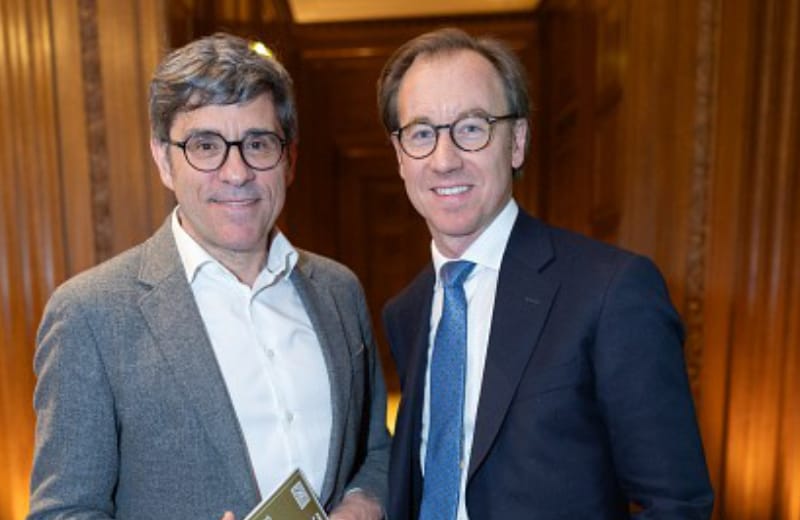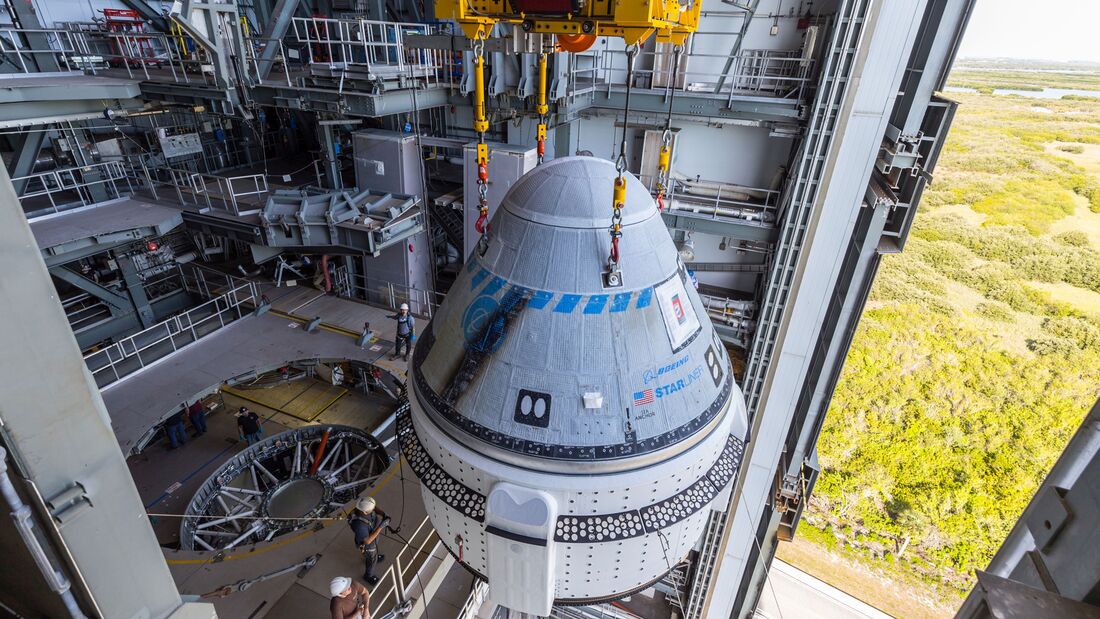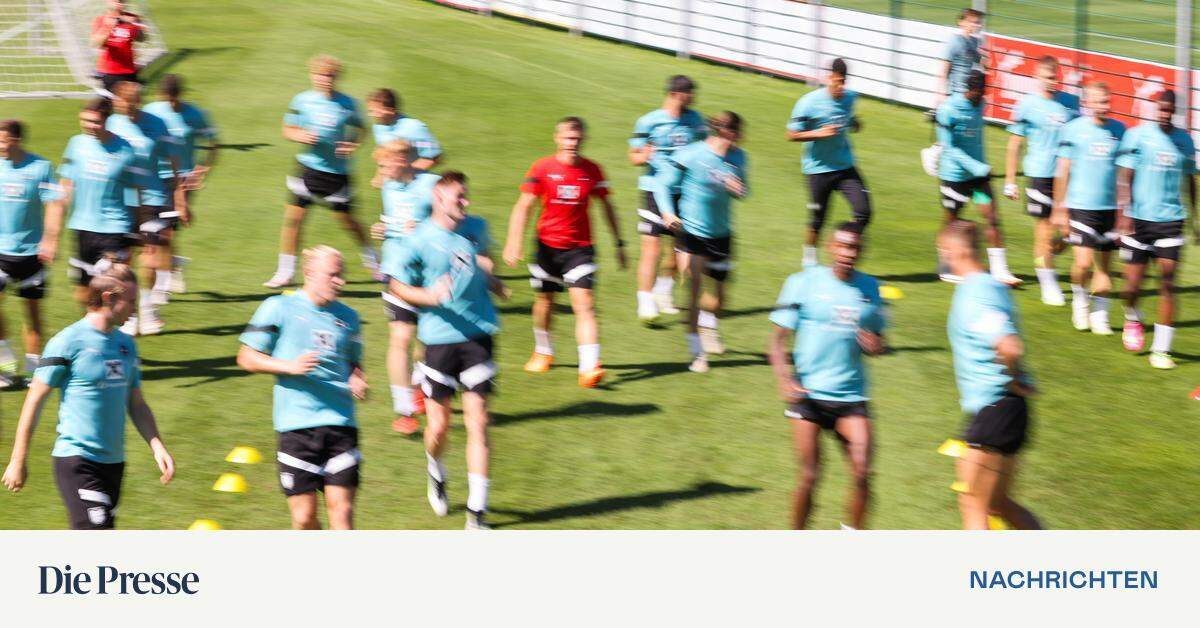Bernhard Neuhold, general manager of the ÖFB, expects a seven-figure increase in 2023. The extra burden for Aspern must be as low as possible in the Football Association.
The positive mood surrounding the Austrian national football team is also reflected in the account of the Austrian Football Association. And after two years with a budget minus, the numbers will be in the black again in 2023, APA managing director Bernhard Neuhold emphasized. The reason for this, among other things, is the high income from ticket sales. Tickets for October’s match at Hubble Stadium against Belgium are already sold out, and the same may soon be the case for the November test against Germany.
“We’ve planned a positively low seven-figure sum for 2023 and, as the forecast shows, we’re on the right track,” Newhold said. After the black zero in 2020, there was a minus in the mid-six-digit range in 2021 and a loss in the low-seven-digit range in 2022. “In the last couple of years, Covid has remained an issue. We haven’t been able to sell tickets,” the managing director said. Hospitality and tickets are just as regular as usual, and there were also mass increases in wages and inflation as cost drivers.”
Accordingly, the assets of the association were reduced. “Nevertheless, the ÖFB is on a stable economic foundation and continues to have positive equity in the double-digit million range,” Neuhold emphasized. Predictions give confidence: this year, the FA will generate more than €50 million in sales and €10 million in sponsorship income – more than at any time in its history. In addition, one benefits from increased federal funding for the sport.
Together with FIFA and UEFA sponsorships, ticket sales and television broadcasting contracts, these two areas are among the six main sources of income for the largest domestic sports federation. “Now it’s about further developing these pillars,” Neuhold explained. After the recent successes, the chances are good. “One notes that there is more commitment from existing partners and that ways are being sought to identify potential contract extensions.”
Expansion of the existing pool of sponsors should only happen on a small scale, if at all, says Newhold. “When it comes to selling attractive services, we can’t take advantage of eternal reserves. We have offered just 15 of these packages to our partners on our bulletin boards and interview walls in order to enable these high profile and big sponsors to have a high quality look and not be a logo graveyard representation.
We are also open to new sponsors. “Of course, we have an approach to offering attractive solutions and offers if there is any interest, but when it comes to individual assets, we are simply limited for the reasons mentioned. First and foremost, the focus is on moving partners in a high-quality way,” said Newhold.
The prospect of upcoming participation in UEFA Euro 2024 in Germany makes a deeper partnership with existing sponsors possible and increases fan interest in tickets – the Belgium match on October 13 sold out in just a few hours. And thanks to the second VIP club in Sector E, a gross income of around €1.5 million and a net profit of more than six figures await you from this game alone. This also applies to the friendly match against Germany on November 21, if the Hubble Stadium is filled as expected.
The situation reminds us of what happened in 2015 and 2016, when there was great euphoria, and even a meaningless European Championship qualifier against Liechtenstein filled the Hubble Stadium. “I think the comparison is valid, but we don’t feel we are where we were at that time. You could tell the mood has become very positive. Now we have to use the fall to pick up where we left off in mid-2016.”
However, the fall should also be used to overhaul the Vienna-Aspern infrastructure project, which costs around 70 million euros. If this works as expected, the ÖFB’s budget will take on additional burdens – and it is currently being considered that in a third solution the costs will be split between the Federal Government, the City of Vienna and the Assembly. “This is money that we either have to take from reserves or a financing mix between reserves and external capital,” Newhold said.
Regardless, the ÖFB will also have to face significant operating costs after implementation. Newhold: “It’s about using the training center as much as possible and marketing it through the right partner naming and third party events. However, there will still be an X amount that we have to pay each year from the standard budget, and this amount should be kept as low as possible through targeted marketing and process definitions optimum operational and cost efficiency.

“Travel aficionado. Certified problem solver. Pop culture guru. Typical writer. Entrepreneur. Coffee trailblazer.”







More Stories
Goosebumps moment at the ORF show: twin sisters from Gaspoltshofen in the final
The lovable Pop Bear performs with the tour finale in Vienna
Culture and cooking – poetry meets music at the Garser Museum